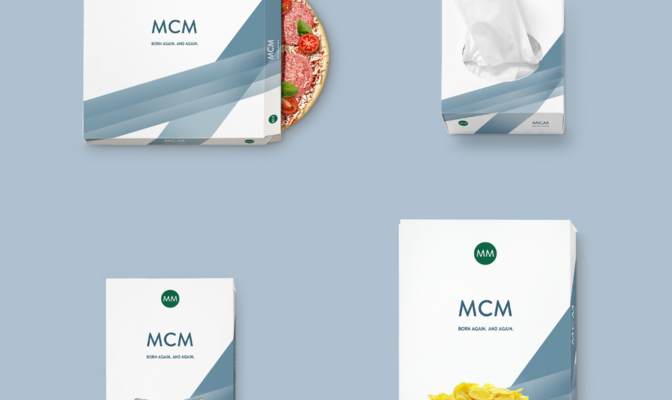EU Timber Regulation Update
23.05.2013 - Sustainability
On 3 March 2013, the EU Timber Regulation No.995/2010 (EUTR) came into force. It aims at preventing the sale or trade of illegally lumbered timber and products derived from this timber in the European Union. A guideline has been published to assist companies in interpreting the regulation and answer open questions.
Parties subject to the regulation
The regulation for trading timber or timber products differentiates between operators (market participants) and traders. It states the respective applicable due diligence (DDS) requirements and defines the duties of inspection organisations and the responsible national institutions of the member states.
Operators are the ones who introduce timber and timber products to the European single market, and as such they carry a lot of responsibility. Traders, on the other hand, who sell timber or timber products that have already been put into circulation, only have to document from whom they bought the timber or to whom they are selling it.
MMK and EUTR
In its capacity as a European cartonboard producer, Mayr-Melnhof Karton is only considered an operator if the company purchases or imports timber products from a non-EU country, for instance, chemical pulp or mechanical pulp from Norway.
MMK already works in compliance with the PEFC chain of custody, the FSC® chain of custody and the FSC® controlled wood (CW) requirement and has implemented proprietary traceability systems. In cases where MMK is acting as an operator, documents confirming compliance with EUTR and information on the timber’s place of origin was obtained in addition to the existing certification documents. This information was used to rate the risk level of countries exporting timber according to the FSC®-CW standard. This yielded the following positive result: Timber products used for MMK folding cartons originate from legal, controlled sources that cultivate the products in a sustainable manner.
MMK customers are generally considered traders by the EUTR, which means that they do not need to implement a due diligence system.

Changes to the FSC® and PEFC standards
Existing certification systems, such as FSC® and PEFC, have been aligned with the EUTR. However, this does not mean that certification with these standards automatically guarantees compliance with the EUTR. Only timber and timber products that were issued a valid FLEGT (Forest Law Enforcement, Governance and Trade) or CITES (Convention on International Trade in Endangered Species of Wild Fauna and Flora) certification are considered compliant.
Both certification systems will not differentiate between operator and trader, which present businesses that produce secondary wood products, such as saw dust or wood chips, with a big challenge. Even if these companies are classified as traders according to EUTR, they are subject to comprehensive documentation requirements. FSC® requires from companies to provide information on the origin of all included timber products to the customer upon request. EUTR does not stipulate the general provision of information; only authorities must be informed upon request. And FSC® will take it a step further in the near future: It will require companies to digitally enter all FSC® trading transactions into the Online Claim Platform (OCP). PEFC will introduce a new group called ‘PEFC Controlled Sources’, which is applicable to products whose origin is not certified.
The EU still has not accredited monitoring organisations that provide and check risk assessment procedures. On the national level, the regulations have only been implemented in some countries, including Germany. In Austria, the Ministry of Agriculture is presently formulating an act that will define the jurisdiction of the applicable enforcing authority as well as the penalties. MMK is following this process and will adjust procedures as needed.
Conclusion: EUTR is strengthening the existing certification systems for sustainable forestry. Improved supply chain transparency and comprehensive analyses are necessary as well as preferable. Yet the time and effort required by FSC® and PEFC is not viable, in particular for small suppliers, and must thus be further refined. This not only pertains to the documentation requirements and the associated storing of all fixing letters and timber sales lists for a term of at least five years, but it also concerns the permissions related to forestry and environmental protection law that need to be obtained prior to timber harvesting.


